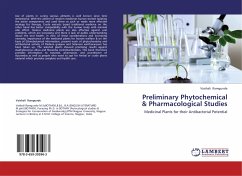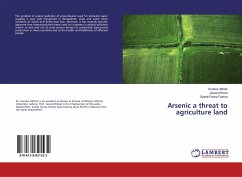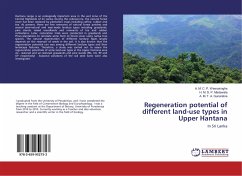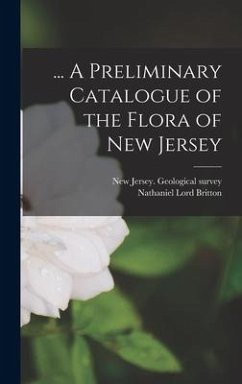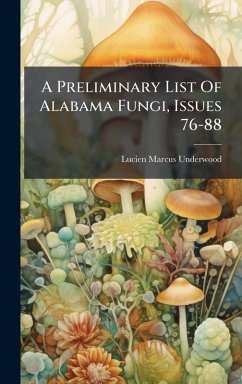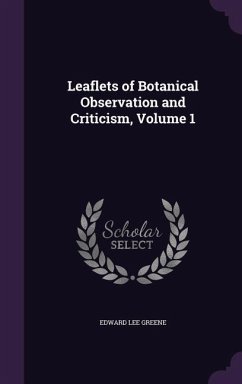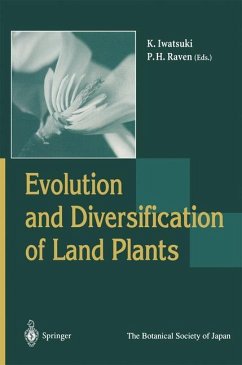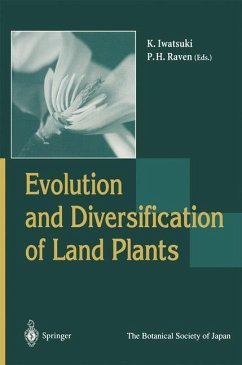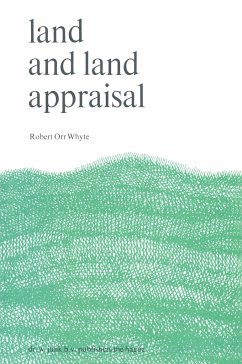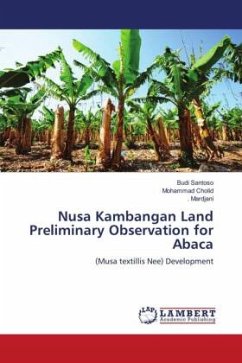
Nusa Kambangan Land Preliminary Observation for Abaca
(Musa textillis Nee) Development
Versandkostenfrei!
Versandfertig in 6-10 Tagen
18,99 €
inkl. MwSt.

PAYBACK Punkte
9 °P sammeln!
Abaca (Musa textilis Nee) is an environmentally friendly plant that produces natural fiber. On that basis it is not surprising if abaca favored by entrepreneurs in industrial field. Several uses of abaca fiber are as pulp raw material, especially for security paper, paper documents such as postage stamps, stamp duty, certificate, check and money (Santoso and Purwati, 2011). Abaca can also be used for cable wrap, car interiors, dashboard, doortrim, and spare tire cover (Lay and Heliyanto). Natural fibers competitors are synthetic fibers that generally difficult to recycle such as glass fiber an...
Abaca (Musa textilis Nee) is an environmentally friendly plant that produces natural fiber. On that basis it is not surprising if abaca favored by entrepreneurs in industrial field. Several uses of abaca fiber are as pulp raw material, especially for security paper, paper documents such as postage stamps, stamp duty, certificate, check and money (Santoso and Purwati, 2011). Abaca can also be used for cable wrap, car interiors, dashboard, doortrim, and spare tire cover (Lay and Heliyanto). Natural fibers competitors are synthetic fibers that generally difficult to recycle such as glass fiber and carbon fiber. Countries that promote human civilization such as America, Japan, England, Netherlands, Germany and Europe still love an environmentally friendly fiber that has local wisdom which is renewable and sustainable. Currently the need for abaca fiber continues to grow from year to year. This shows that abaca fiber have advantages compared to other natural fibers. Indonesia as an agricultural country, which in fact can generate income through its natural resources, has a fertility rate as well as an appropriate climate for abaca growth.



